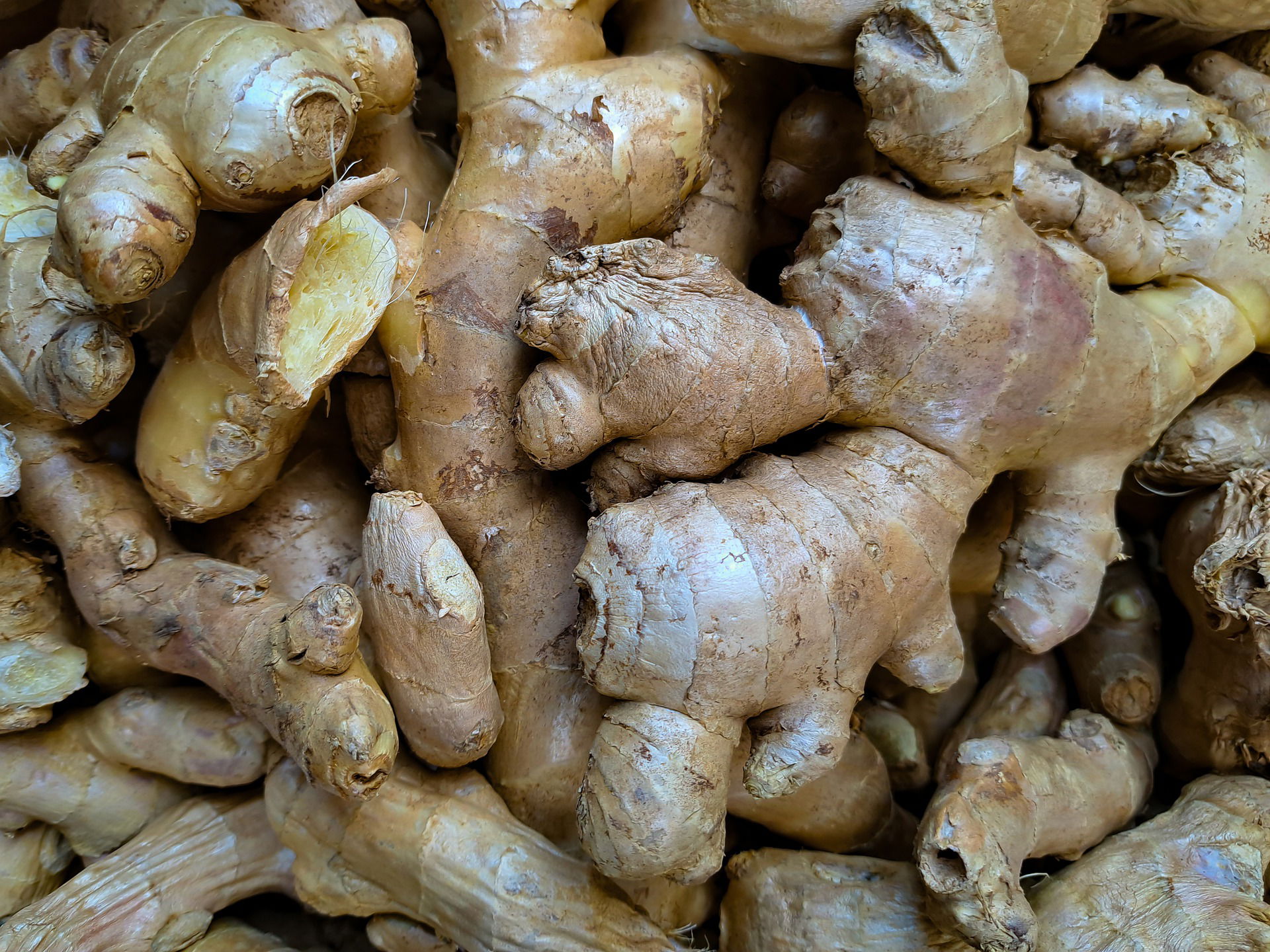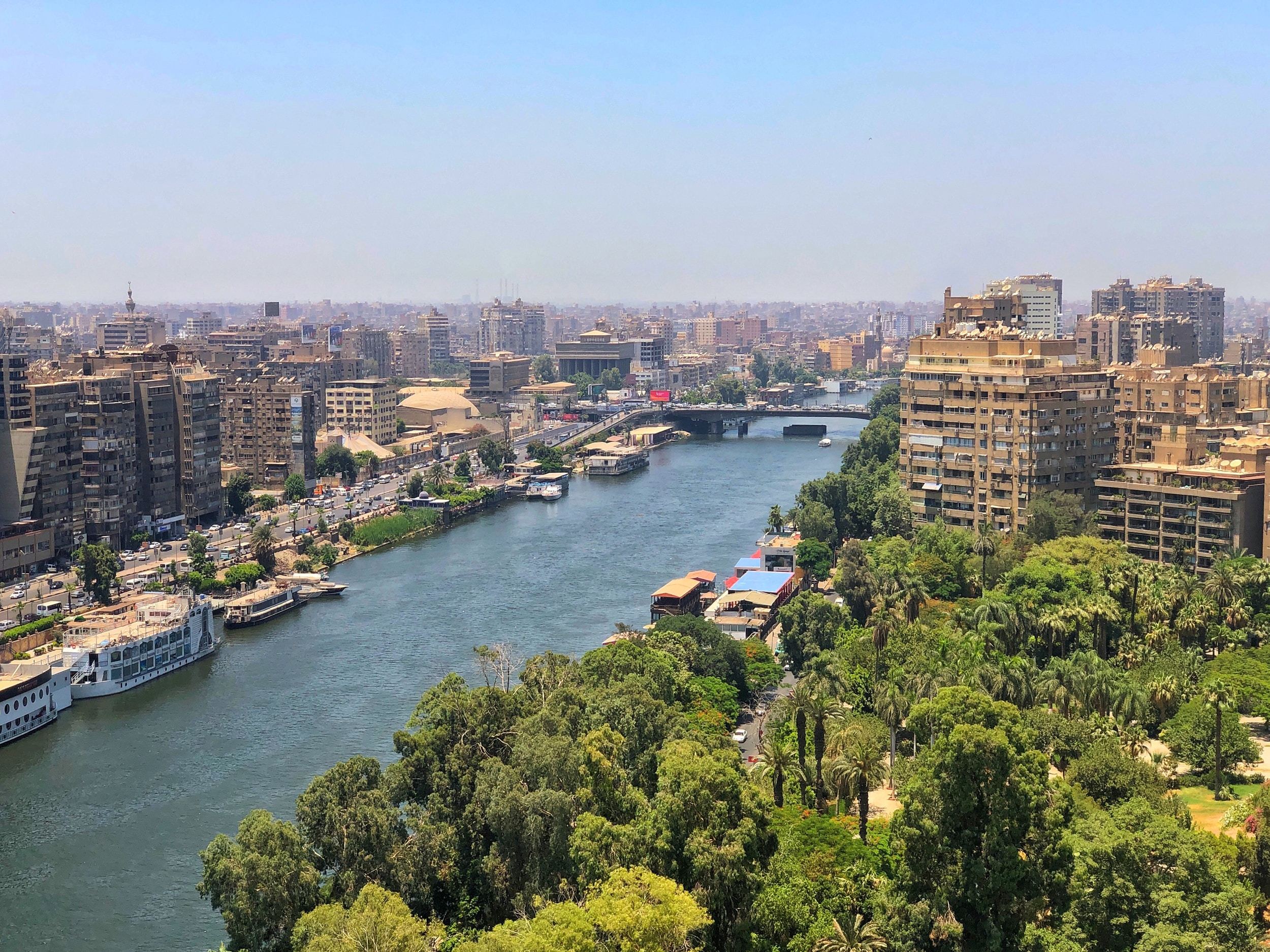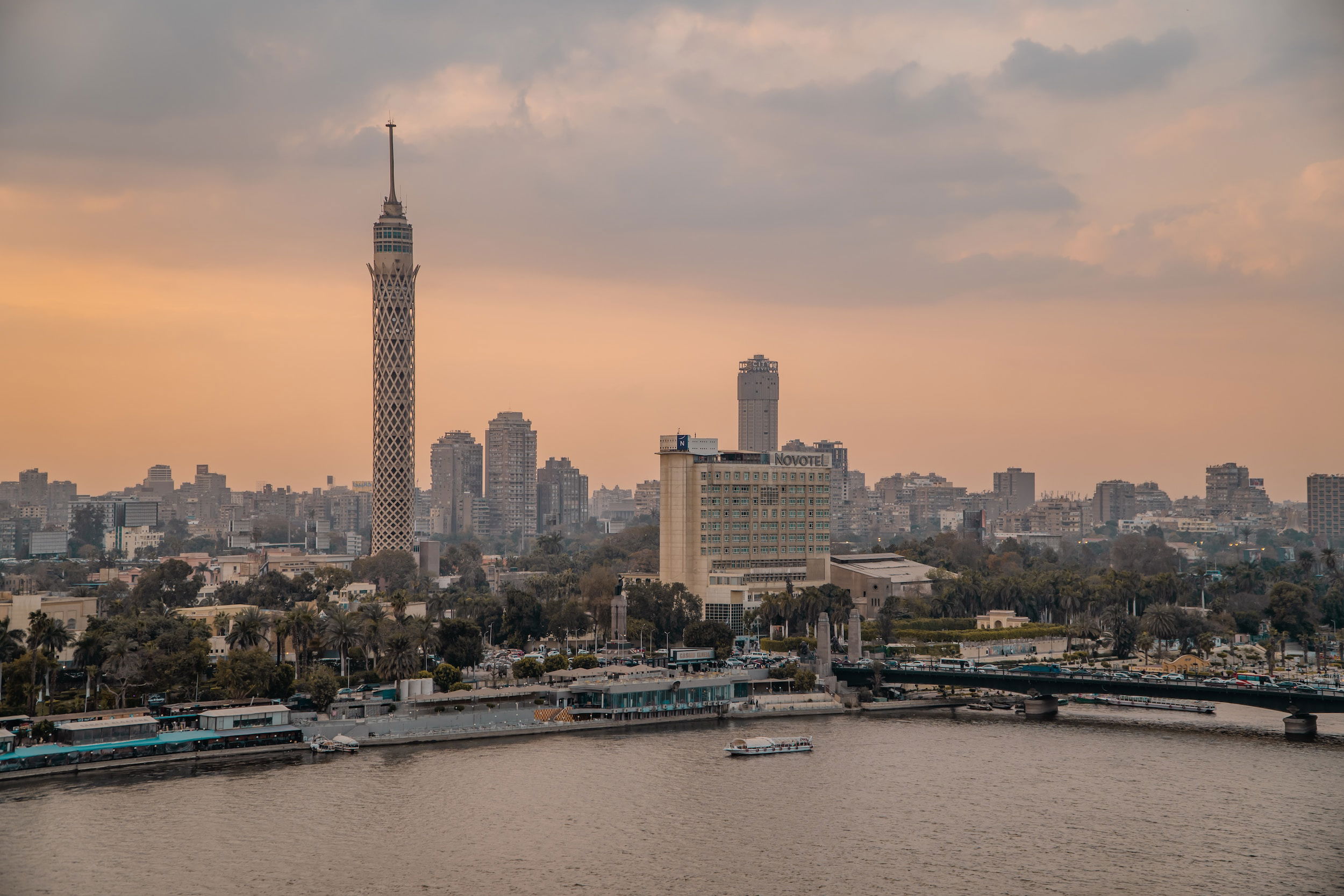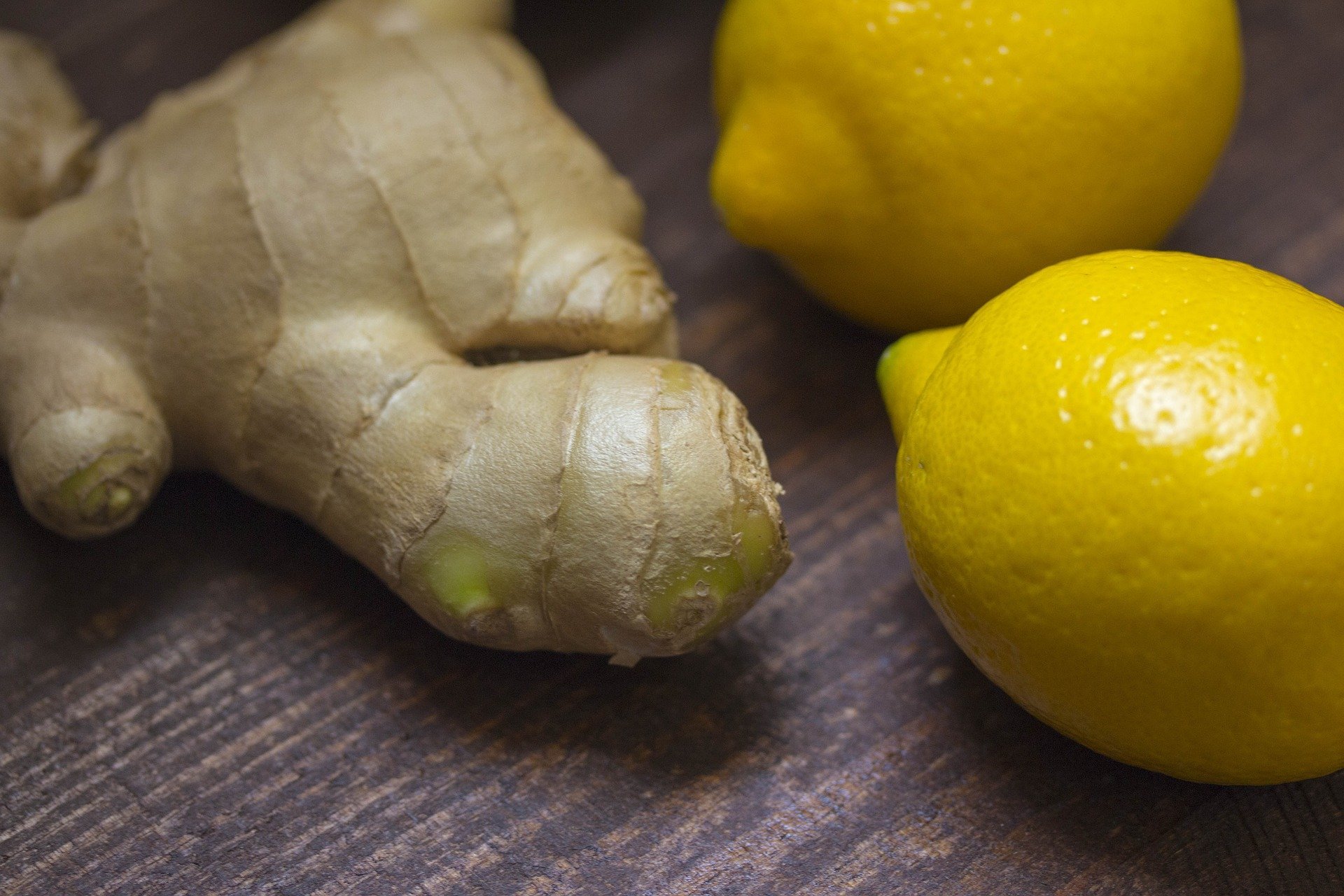Ginger is also widely used in traditional Egyptian medicine for its healing properties.

Egypt is a country rich in history, culture, and cuisine. One of the key ingredients that has played a significant role in Egyptian cuisine is ginger. Ginger is a versatile spice that has been used in Egyptian cooking for centuries, adding a unique flavor and aroma to traditional dishes like molokhia and koshari.
However, despite the importance of ginger in Egyptian cuisine, the country's ginger production is limited, and the majority of the ginger consumed in Egypt is imported. This article will examine the current situation of ginger production and consumption in Egypt, the health benefits of ginger for the Egyptian population, the economic potential of expanding the ginger market in Egypt, strategies for promoting ginger consumption and production, and case studies of successful ginger farming and marketing in other countries.
Introduction to the significance of ginger in Egyptian culture and cuisine
Egyptian cuisine is known for its bold flavors and use of fresh herbs and spices. One such key ingredient is ginger, which has been a staple in Egyptian cooking for centuries. Ginger is a versatile ingredient that adds a zesty, slightly spicy flavor to dishes, making it a popular addition to both sweet and savory recipes. Ginger is also widely used in traditional Egyptian medicine for its healing properties.

Overview of Egyptian cuisine and ginger's role in it
Egyptian cuisine is a fusion of Mediterranean, Middle Eastern, and North African flavors. Some of the most popular dishes in Egypt, such as koshari and molokhia, incorporate ginger as a key ingredient. Ginger is used in a variety of forms, including fresh, dried, and powdered, and adds a distinct flavor to dishes like stews, soups, and meat dishes. Ginger is also used in desserts, such as gingernut biscuits and gingerbread.
Current situation of ginger production and consumption in Egypt
Ginger production statistics and Trends
Egypt is the world's fifth-largest ginger producer, with an annual production of 4200 metric tonnes of ginger. However, this only satisfies 20% of the country's demand for ginger. The majority of ginger consumed in Egypt is imported from countries like China, India, and Thailand.
Ginger consumption patterns in Egypt
Ginger is widely consumed in Egypt, both in traditional cuisine and as a home remedy for various ailments. It is often used to treat digestive issues, headaches, and inflammation. Ginger tea is a popular drink in Egypt and is enjoyed both hot and cold.

The health benefits of ginger and its potential impact on the Egyptian population
Explanation of ginger's medicinal properties
Ginger contains several bioactive compounds with medicinal properties, such as gingerol and shogaol. These compounds have anti-inflammatory and antioxidant effects that can help reduce the risk of chronic diseases.
Research on ginger's positive effects on specific health conditions
Studies have shown that ginger can help alleviate symptoms of nausea, reduce muscle pain and soreness, and lower blood sugar levels. It may also have positive effects on heart health, brain function, and cancer prevention.

Challenges and opportunities for increasing ginger cultivation in Egypt
Limited arable land and water resources
Egypt faces challenges in expanding its ginger cultivation due to limited arable land and water resources. However, there are opportunities to increase productivity and profitability through the use of modern farming techniques, such as hydroponics and drip irrigation.
Potential for increased productivity and profitability with improved farming techniques
Adopting innovative farming techniques can help increase the yield and quality of ginger crops grown in Egypt. By growing ginger in controlled environments, farmers can reduce water consumption and improve crop output. This can not only benefit individual farmers but also contribute to the country's overall food security and economic growth.
The economic potential of expanding the ginger market in Egypt
Egypt has a long history of agriculture, producing various types of crops and spices. However, the ginger market in Egypt is currently underdeveloped despite the growing global demand for ginger. With its ideal climate conditions and fertile soil, Egypt has the potential to become a major ginger producer and exporter, which could significantly increase its economic growth and provide more job opportunities for farmers.

Analysis of the demand for ginger in international markets
The worldwide demand for ginger has been steadily increasing over the last few years, and the global ginger market is expected to grow by 6.5% by 2025. The rise in demand can be attributed to the health benefits of ginger, its use in various cuisines, and its medicinal properties. Ginger is used in the production of several products, including confectionery, bakery products, and beverages, which are popular items in many countries.
The potential for job creation and increased income for farmers
Ginger farming can provide valuable opportunities for small-scale farmers to increase their income and improve their standard of living. The cultivation of ginger requires low investment and is often grown in rotation with other crops, providing farmers with opportunities for sustainable farming practices. The production of ginger also generates employment in processing, packaging, and transportation, creating more job opportunities and fostering economic growth.

Strategies for promoting ginger consumption and production in Egypt
To expand the ginger market in Egypt, a concerted effort is required from various stakeholders, including the government, farmers, and consumers.
Government policies and incentives to support ginger farming
The Egyptian government can provide support to ginger farmers through policies and incentives, including reducing taxes on the production and export of ginger, providing subsidies for the purchase of farming equipment, and introducing agricultural extension programs to educate farmers on best practices for ginger cultivation.
Marketing and educational campaigns to increase awareness of ginger's benefits and uses
To increase domestic consumption and export of the ginger produced in Egypt, marketing and educational campaigns can be implemented to raise awareness of the benefits and uses of ginger. These campaigns can be targeted at both domestic and international consumers, highlighting the quality, sustainability, and health benefits of ginger produced in Egypt.

Case studies of successful ginger farming and marketing in other countries
Egypt can learn from the strategies and experiences of other countries that have developed successful ginger industries.
Examples of ginger farming in similar climatic regions
Countries with similar climatic conditions to Egypt, such as India and Thailand, have developed thriving ginger industries. By examining their successful methods, Egypt can implement similar practices to improve its own production of ginger.
Effective marketing and distribution strategies used by ginger producers in other countries
Countries like China and Nigeria have developed effective marketing and distribution strategies for their ginger industries. By studying their approaches, Egypt can identify practical ways to boost the domestic and international demand for ginger produced in Egypt.

Conclusion and call to action for supporting the growth of the ginger industry in Egypt
In conclusion, expanding the ginger market in Egypt has enormous economic potential, and it can offer more job opportunities for farmers. The government, farmers, and consumers can work together to create an environment that supports the growth of the ginger industry in Egypt.
Summary of the benefits of expanding the ginger industry in Egypt
Expanding the ginger industry in Egypt can bring economic growth, create more job opportunities, and offer valuable training opportunities for farmers.
Recommendations for policymakers, farmers, and consumers to support the growth of the ginger industry
To support the growth of the ginger industry, policymakers should offer incentives for farmers, and farmers should adopt sustainable practices for cultivation. Consumers can contribute to this growth by increasing their consumption of ginger and by advocating for the production of high-quality, sustainable ginger in Egypt.
In conclusion, the potential benefits of expanding the ginger industry in Egypt are significant. With increased cultivation and production, local farmers can generate more income, and the country can reduce its dependence on imports, while improving the health and well-being of its population. By adopting innovative farming techniques, promoting education and awareness campaigns, and implementing supportive government policies, Egypt can unlock the full potential of its ginger industry and contribute to the growth of the global ginger market.

FAQ
Why is ginger important in Egyptian cuisine?
Ginger has been used in Egyptian cuisine for centuries, adding a unique flavor and aroma to traditional dishes such as molokhia and koshari. Its pungent and spicy taste makes it a versatile ingredient that is often used as a seasoning, condiment, or flavoring agent.
What are the health benefits of ginger?
Ginger has long been recognized for its medicinal properties, including its ability to aid digestion, reduce inflammation, and relieve nausea. It also has antimicrobial and antioxidant properties that can help boost the immune system and protect against chronic diseases such as cancer and heart disease.
What are the challenges facing ginger production in Egypt?
Ginger farming in Egypt is faced with several challenges, including limited arable land, a shortage of water resources, and low productivity. Farmers often lack access to modern farming techniques and equipment, which can limit their ability to scale up production and compete in local and international markets.
What are the potential economic benefits of increasing ginger production in Egypt?
Expanding the ginger industry in Egypt has the potential to create jobs, increase incomes for local farmers, and reduce the country's dependence on imported ginger. It can also open up new markets for Egyptian ginger in both the domestic and international markets, generating revenue and boosting the country's economy.
